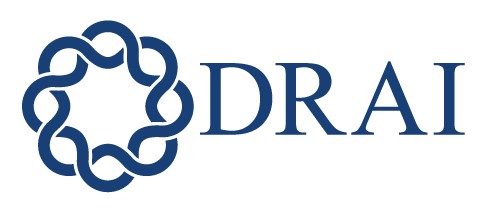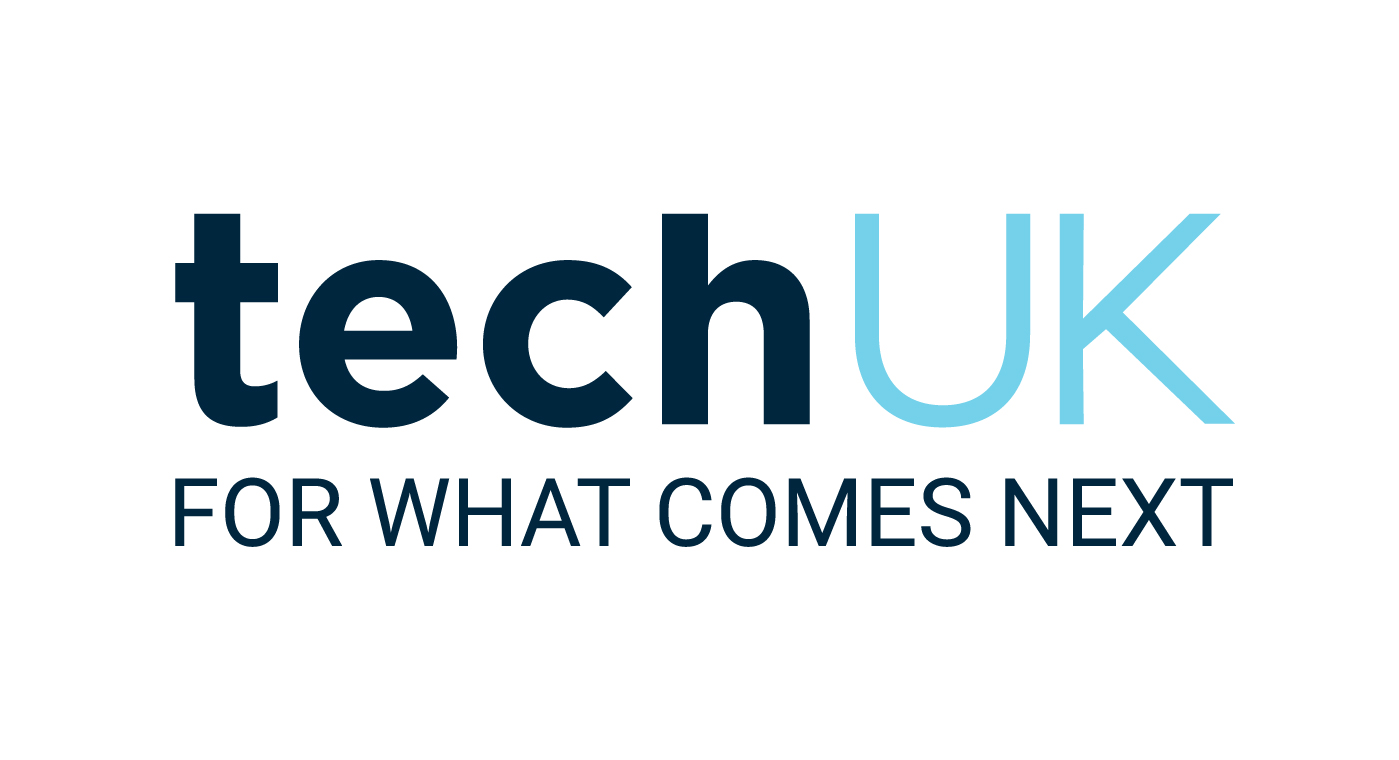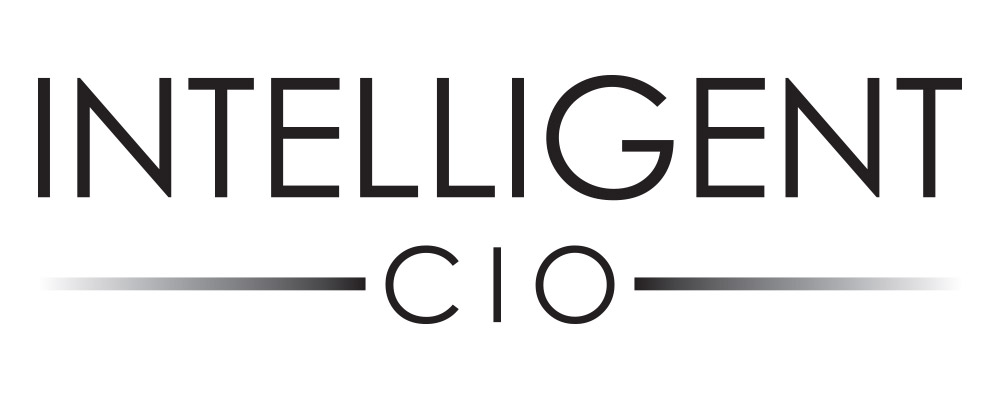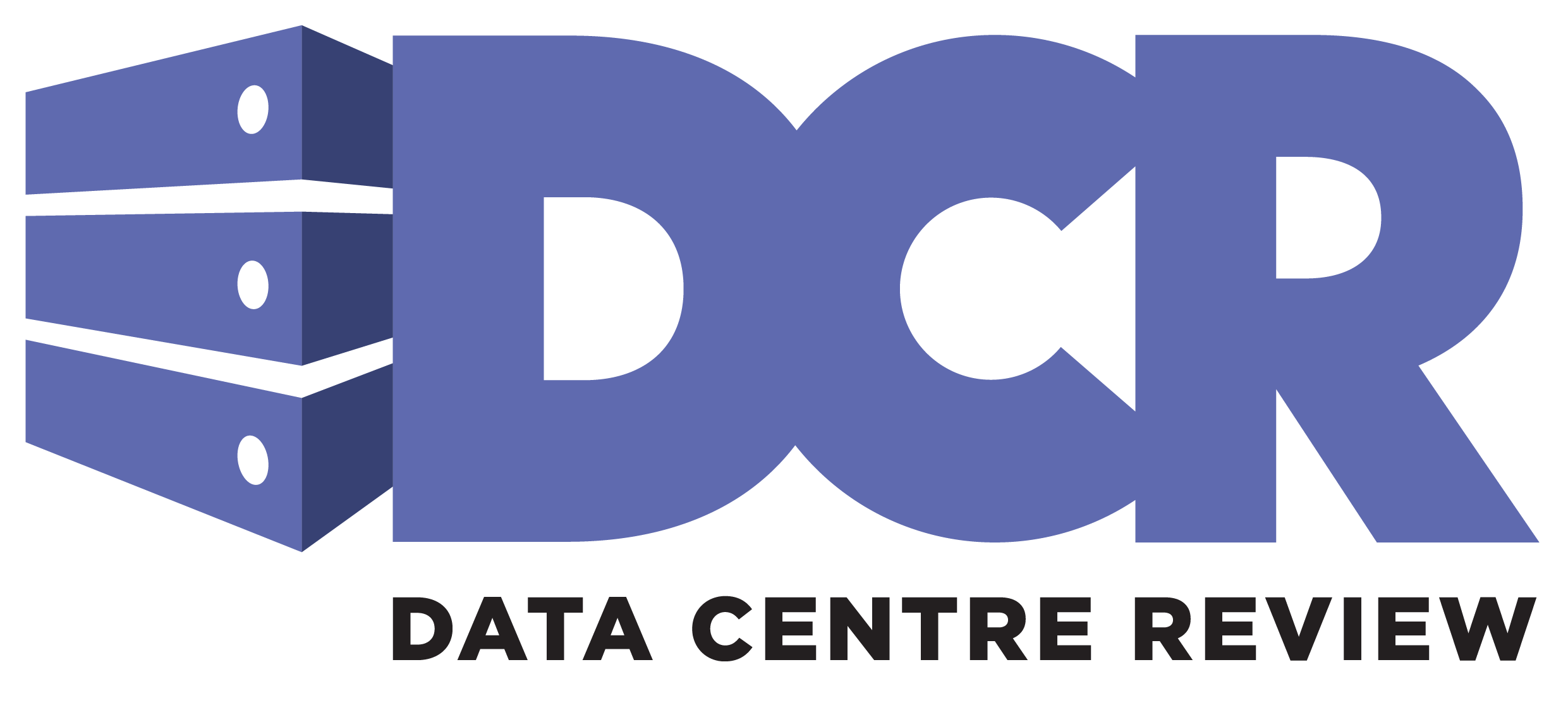Defending data from malicious intent is a battle predominantly fought in the digital domain, with cyber security a key concern for those tasked with safeguarding information on behalf of businesses and individuals.
However, societal unrest caused by COVID-19 – a respiratory rather than computer-carried virus – has served as a stark reminder of the need to also remain vigilant of physical threats to data centres.
As peers in the telecommunication sector can testify after a torrid 18 months, disinformation can be dangerous and put infrastructure and employees in the proverbial firing line.
Despite being condemned by the scientific community, conspiracy theories claiming 5G technology helps transmit coronavirus sparked a flurry of arson attacks on mobile phone masts internationally and saw maintenance personnel subjected to acts of violence and intimidation.
In stark contrast to the misguided – but largely harmless – protestations of flat-Earthers and those perpetuating the myth of faked moon landings, the escalation of disinformation had a very real impact and led to one Openreach engineer in the UK sustaining five stab wounds.
Data centres are not immune to such madness. In April of this year, a misplaced belief that damaging the buildings that “run 70 percent of the internet” would frustrate the “oligarchy” in power in the United States is alleged to have been behind a Texan’s plot to bomb an Amazon Web Services facility in Virginia.
The incident, which was thankfully foiled by the FBI, is not the first time data centres have been the focus of criminal intent.
In 2007, a Verizon building in London was infiltrated by a group of men who, posing as police officers, tied up five employees before stealing computer hardware.
Such events may be exceptional but data centre operators must be mindful that it does not take scenes lifted from the script of a Hollywood heist movie to cause significant disruption and damage to equipment, profit margins and reputation.
In an environment in which a spilled drink can spark outages and knock out multiple networks across multiple sites, uninvited visitors or careless guests are far from welcome.
Measures, therefore, to closely control and monitor access to a data centre’s every corridor and cabinet are vital.
The Sharp Group are past masters in implementing such a security shield.
Be it through the installation of hi-tech entry and surveillance systems to eliminate unauthorised visitors, mitigating against disruption to power or utilities from environmental events or fire, or guarding against a hostile attack, the Irish-owned company is adept at closing any chinks in a data centre’s protective armour.
We have invested heavily in advancing its expertise in the data sector, achieving certification in ISO 27001 and 37001 – Information Security standards that demonstrate its ability to preserve the continued confidentiality, integrity and availability of customer information – and developing a suite of software that allows clients to monitor its patrolling guards.
Contrary to the countless COVID conspiracies, believing that the Sharp Group can protect a data centre from its perimeter to rack requires no suspension of logic or massaging of half-truths.
Already charged with safeguarding seven major facilities within Ireland, the company has an abundance of empirical evidence to endorse its proficiency in the field.
![DCI24_2000x554[8]](https://www.datacentres-ireland.com/wp-content/uploads/sites/102/2023/11/DCI24_2000x5548.png)






















